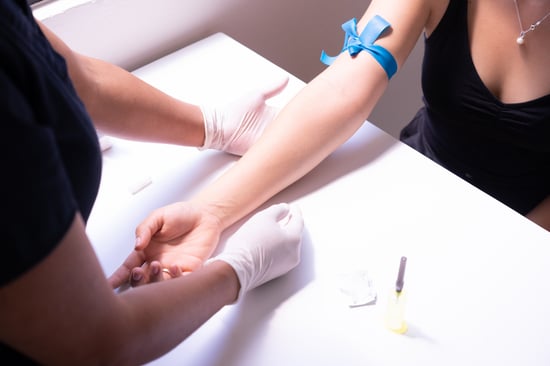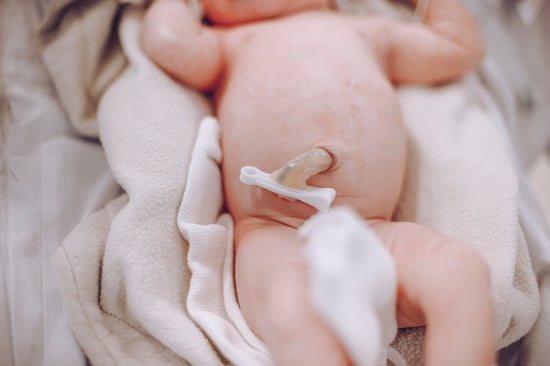PBMC Isolation Service
Many CROs provide isolation of human mononuclear cells from peripheral blood (PBMC) or cord blood (CBMC), but only a few can offer additional downstream services.
REPROCELL can access a wide range of whole blood and cord blood donors, derive both human PBMCs and CBMCs, and provide non-integrating mRNA-based reprogramming of blood-derived cell subsets - such as endothelial progenitor cells (EPCs) into induced pluripotent stem cells (iPSCs). Our unique set of services can help reduce the operating costs and stress of dealing with multiple service providers.
PBMC and CBMC Processing
Our renowned scientific team can isolate mononuclear cells with high viability and purity from both peripheral and cord blood samples without any genetic or chemical modifications during the process. We can access adult and cord blood donors with a broad spectrum of demographic and clinical characteristics, and thus, match various eligibility requirements and selection guidelines for blood donors.

Adult Blood
PBMC isolation from adults is an important methodology to address complex immune responses and perform pharmacodynamic analyses in early phase clinical trials. Our clinical network has a robust whole blood donor pool with a large variety of clinical features and can provide us with blood samples within several hours of the blood draw. PBMC processing in our lab is a rapid and efficient process and can be executed within 4 hours to ensure minimal degradation and maximal PBMC yield with cell viability above 85%.

Cord Blood
Cord blood-derived mononuclear cells or CBMCs offer ethical and practical advantages over the isolation of mononuclear cells from peripheral blood. Subsets of progenitor cells from cord blood display higher proliferation potential in cell culture when compared with progenitors from PBMC isolate, and due to that growth rate and quality are an excellent source for reprogramming to iPSCs. Additional clinical benefits of using cord blood-derived cells are reduced immunogenicity and the low risk of transmitting infectious diseases or potentially pathogenic microorganisms.Procedure
Our scientists isolate PBMCs and CBMCs using aseptic technique and good microbiological practice. We can derive high-quality mononuclear cells from small (5-10 mL) or larger (20 mL) volumes of blood samples within 4 hours using low-ionic-strength diluents and density gradient centrifugation method. In addition, controlled-rate PBMC freezing can be performed in a low-endotoxin, serum-free and/or xeno-free cryopreservation medium to preserve their optimal viability and functionality upon thaw.
PBMCs and CBMCs encompass a heterogeneous cell population including various frequencies of immune cell subsets and several distinct progenitor cell types.
Immune Cells:
- Lymphocytes (T cells, B cells and NK cells)
- Dendritic cells
- Monocytes
Progenitor Cells:
- Hematopoietic stem cells (HSCs)
- Endothelial progenitor cells (EPCs)
- Mesenchymal stem cells (MSCs)
Reprogramming of Blood-derived Progenitor Cells into iPSCs
Following PBMC and CBMC isolation, our experts are able to derive high quality low-passage progenitors such as EPCs in chemically defined cell culture system using xeno-free medium and perform subsequent mRNA reprogramming to iPSCs based on zero-footprint technology. You can find out more about our reprogramming services here.
Speak to our experts
Ready to outsource your PBMC isolation project? Submit the form below and one of our human tissue scientists will be in touch.